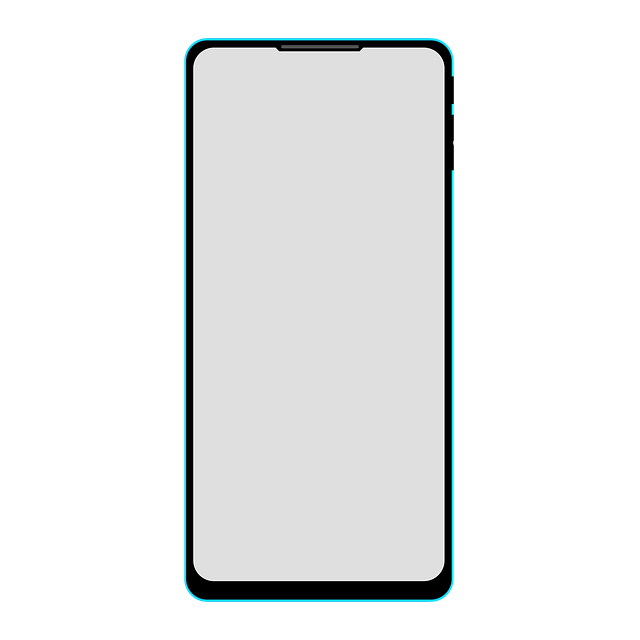South Dakota's Do Not Call laws protect residents from unwanted telemarketing calls. With the rise of IoT devices, businesses must navigate these regulations carefully to respect consumer privacy and avoid legal issues. Specialized Do Not Call lawyers and law firms in South Dakota offer guidance on data protection and consent for IoT-related marketing, ensuring compliance with local laws. Consumers and businesses alike can benefit from expert legal counsel to safeguard personal information in the age of smart technologies.
In the age of interconnected devices, the traditional boundaries between telemarketing and privacy are blurring. This article explores how the Internet of Things (IoT) could reshape Do Not Call laws in South Dakota. As IoT devices collect vast consumer data, we delve into the legal implications for businesses and the ethical use of this information by attorneys advocating for robust Do Not Call protections. Understanding these trends is crucial for both consumers and legal professionals seeking to navigate the evolving landscape with effective strategies.
Understanding Do Not Call Laws in South Dakota
In South Dakota, Do Not Call laws are designed to protect residents from unwanted telemarketing calls and sales pitches. These laws are primarily regulated at the state level, giving individuals control over their phone privacy. Residents can register their numbers on the state’s Do Not Call list, which prohibits businesses from making marketing calls to those numbers for a specified period. The list is a valuable tool for South Dakota residents to manage their communication preferences and avoid unwanted disruptions.
For those who find themselves on the receiving end of persistent or illegal telemarketing calls, consulting with a Do not call lawyer South Dakota or an experienced do not call attorney South Dakota can be beneficial. Specialized law firms, such as those in the state, are equipped to advise clients on their rights and take appropriate action against violators, ensuring compliance with local Do Not Call regulations.
The Rise of IoT Devices and Their Impact on Telemarketing
The proliferation of Internet of Things (IoT) devices has significantly altered how businesses reach their customers, and this shift has profound implications for do not call laws in South Dakota. From smart home appliances to wearable technology, IoT devices collect and share vast amounts of consumer data, including phone numbers. Marketers now have unprecedented access to potential clients, raising concerns about unwanted telemarketing calls and text messages.
As more South Dakotans embrace IoT technologies, do not call lawyer services may need to adapt. Consumers expecting privacy could find themselves deluged with promotions, leading to an increase in complaints. This scenario underscores the importance of compliance for do not call attorneys and law firms operating within the state. Businesses must implement robust data protection measures to respect consumer preferences and adhere to South Dakota’s strict do not call regulations.
Legal Implications for Businesses: Navigating the New Landscape
As IoT devices become more prevalent, businesses in South Dakota must navigate a shifting legal landscape, particularly when it comes to compliance with Do Not Call laws. These laws are designed to protect consumers from unwanted telemarketing calls, and traditional rules may not adequately address interactions facilitated by smart home devices and connected appliances. For instance, a refrigerator with a built-in camera or a smart thermostat learning a resident’s patterns could potentially collect data that could be used for marketing purposes, triggering legal implications.
Do Not Call lawyers in South Dakota are seeing an increased need to advise clients on the ethical and legal use of IoT data. Businesses must ensure they obtain proper consent from consumers before collecting and utilizing their personal information, especially if it’s done through connected devices. With the right guidance from a Do Not Call attorney or law firm in South Dakota, businesses can protect themselves from potential lawsuits while leveraging the benefits of IoT technology to enhance customer interactions.
Protecting Consumer Rights: How IoT Data Can Be Used Ethically
With the rapid advancement of Internet of Things (IoT) devices, the way personal data is collected and utilized is evolving rapidly. This raises important questions about how consumer privacy and rights are protected, especially in the context of Do Not Call laws in South Dakota. IoT devices, from smart home appliances to wearable technology, generate vast amounts of data that can be used to better understand consumer behavior and preferences. However, this data must be handled ethically and responsibly to prevent misuse or unauthorized access.
South Dakota’s Do Not Call laws already protect residents from unwanted telemarketing calls. As IoT devices become more integrated into daily life, ensuring the security and privacy of the data they collect is crucial. A lawyer for Do Not Call in South Dakota can help navigate this complex landscape, advising both consumers and businesses on best practices to safeguard personal information while respecting state laws. Ethical use of IoT data can foster trust between consumers and companies, ensuring that the convenience of smart devices does not come at the cost of individual privacy rights.






